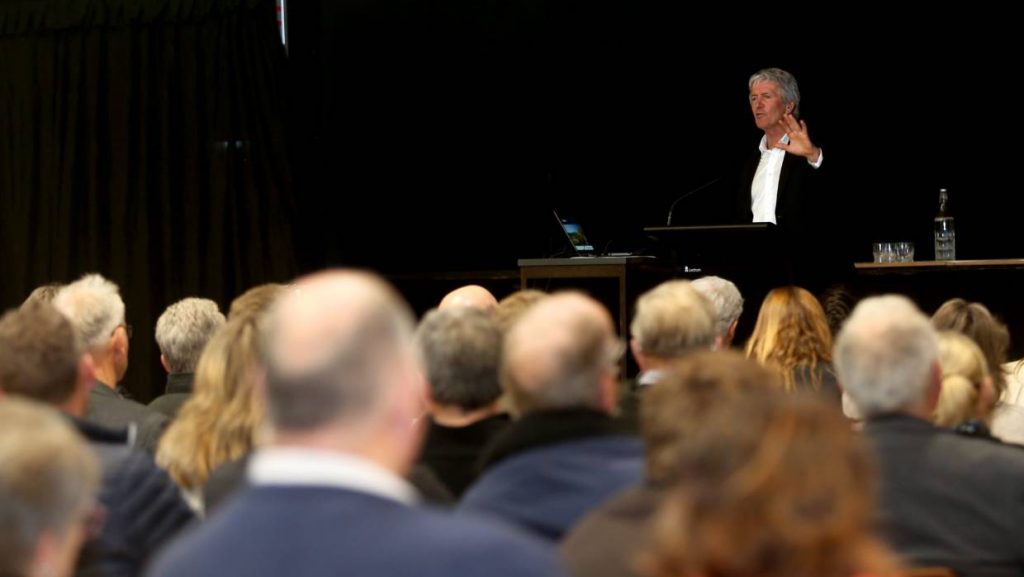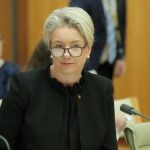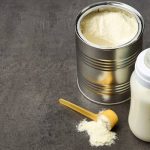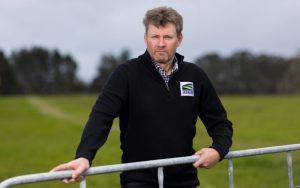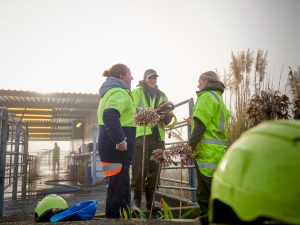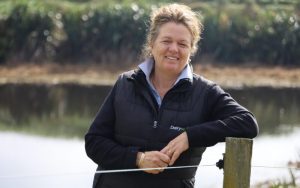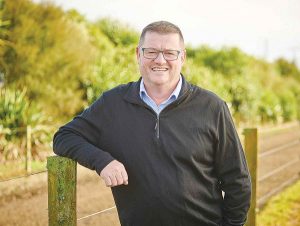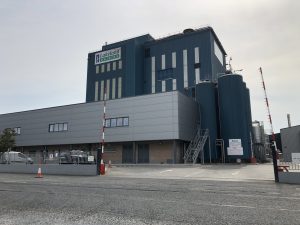
But Agriculture Minister Damien O’Connor said as a result of the 17,000 submissions received on the package, he expected changes to the freshwater proposals.
The Government has carried out public consultation on its Essential Freshwater Package, which aims to improve freshwater quality in a generation.
Dairy NZ’s own economic assessment, authored by impact of the package, predicts by 2050 there could be a fall in the country’s overall GDP of $6 billion.
Government announces fresh water plan
Environment Minister David Parker and Agriculture Minister Damien O’Connor announce the Government’s action plan for healthy waterways.
It also forecasts a 35 per cent decline in milk production by 2050, leading to a reduction in jobs.
The analysis says Southland, Taranaki, Marlborough and West Coast are likely to be most negatively impacted. By 2050, GDP could fall in Southland by up to 3.6 percent; Taranaki by up to 2.9 percent; Marlborough by up to 3.2 percent and West Coast by up to 2.9 percent.
DairyNZ strategy and investment leader, Dr David Burger said there were policies in the package that Dairy NZ supported, and some it didn’t.
“Addressing New Zealand’s water quality challenges also requires a collaborative approach that goes beyond simply focusing on nutrients such as nitrogen.
Southland Federated Farmers president Geoffrey Young discusses the Government’s proposed new fresh water rules.
“We are also concerned that the Essential Freshwater package is not underpinned by a comprehensive economic assessment of impacts on the dairy sector or the broader economy, given dairy makes up nearly one-third of New Zealand’s exported goods and provides 46,000 jobs.”
O’Connor welcomed Dairy NZ’s analysis as part of the contribution process.
“We agree with Dairy NZ that that the right solution will balance environmental sustainability with economic prosperity. There is economic value in protecting water quality, so we can continue to sell our products for the best prices overseas. There is also a social good in protecting water – our communities, rural and urban, depend on clean water.”
Great South chief executive Ann Lockhart said it recognised the significant role the dairy sector plays in both the Southland and national economy.
“Through initiatives like Carbon Neutral Advantage and Thriving Southland, we are looking to assist farmers and sector representatives to navigate the changing environment, connecting them with the tools needed to drive positive change in our primary sector, including developing farm management plans that identify the natural productive capacity of the soil.”
Clutha-Southland MP Hamish Walker said the report shows Southland would be one of the regions hardest hit by the package.
“It’s is incredibly scary when you are talking about the proposed reforms cost $6 billion per year by 2050.”
